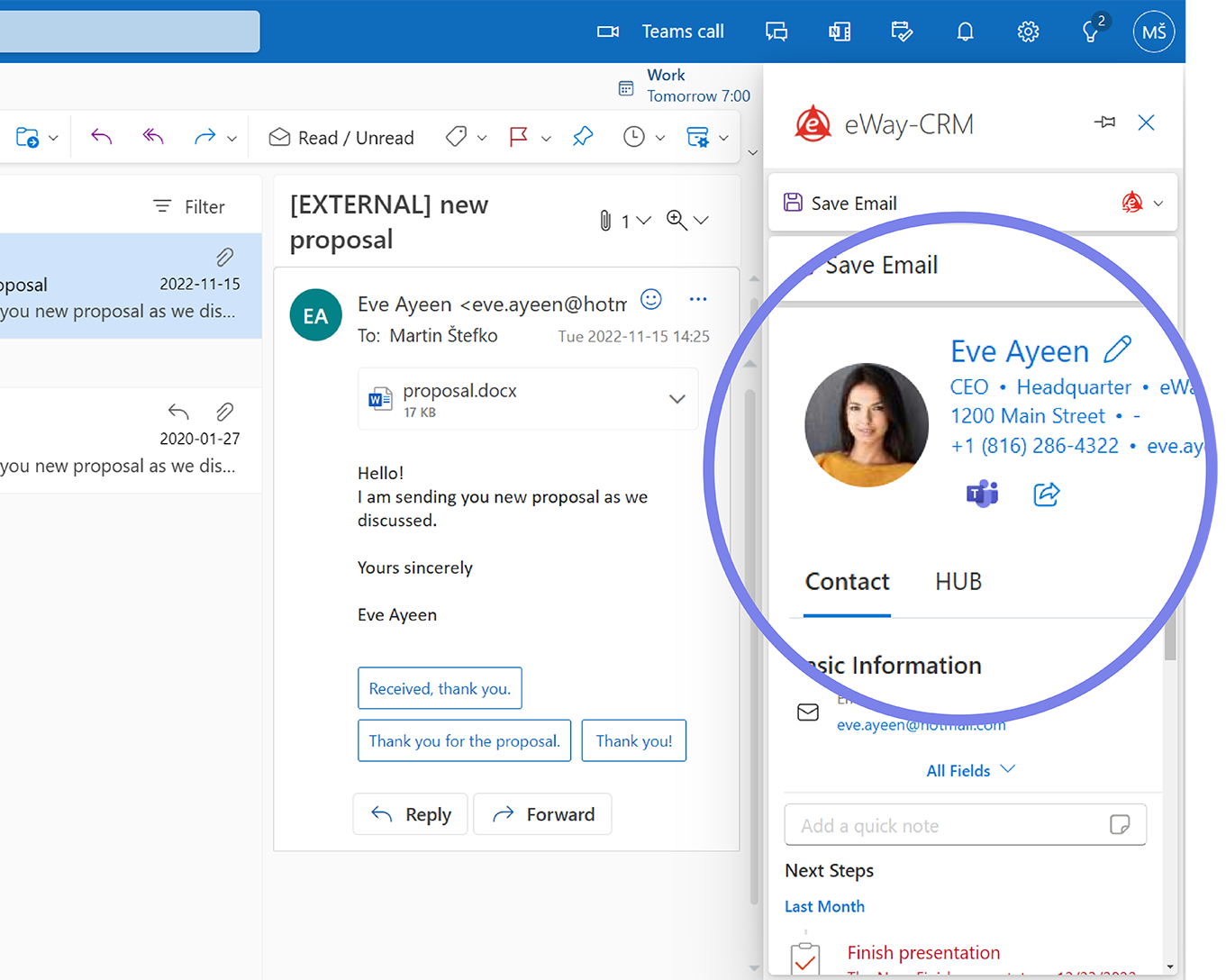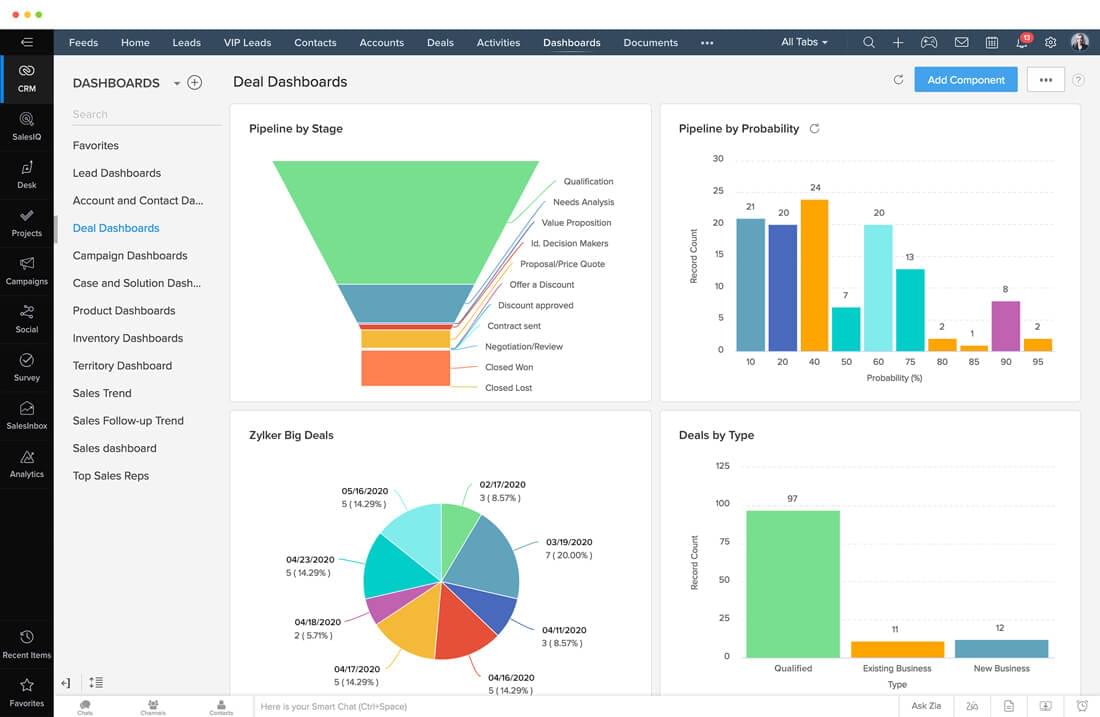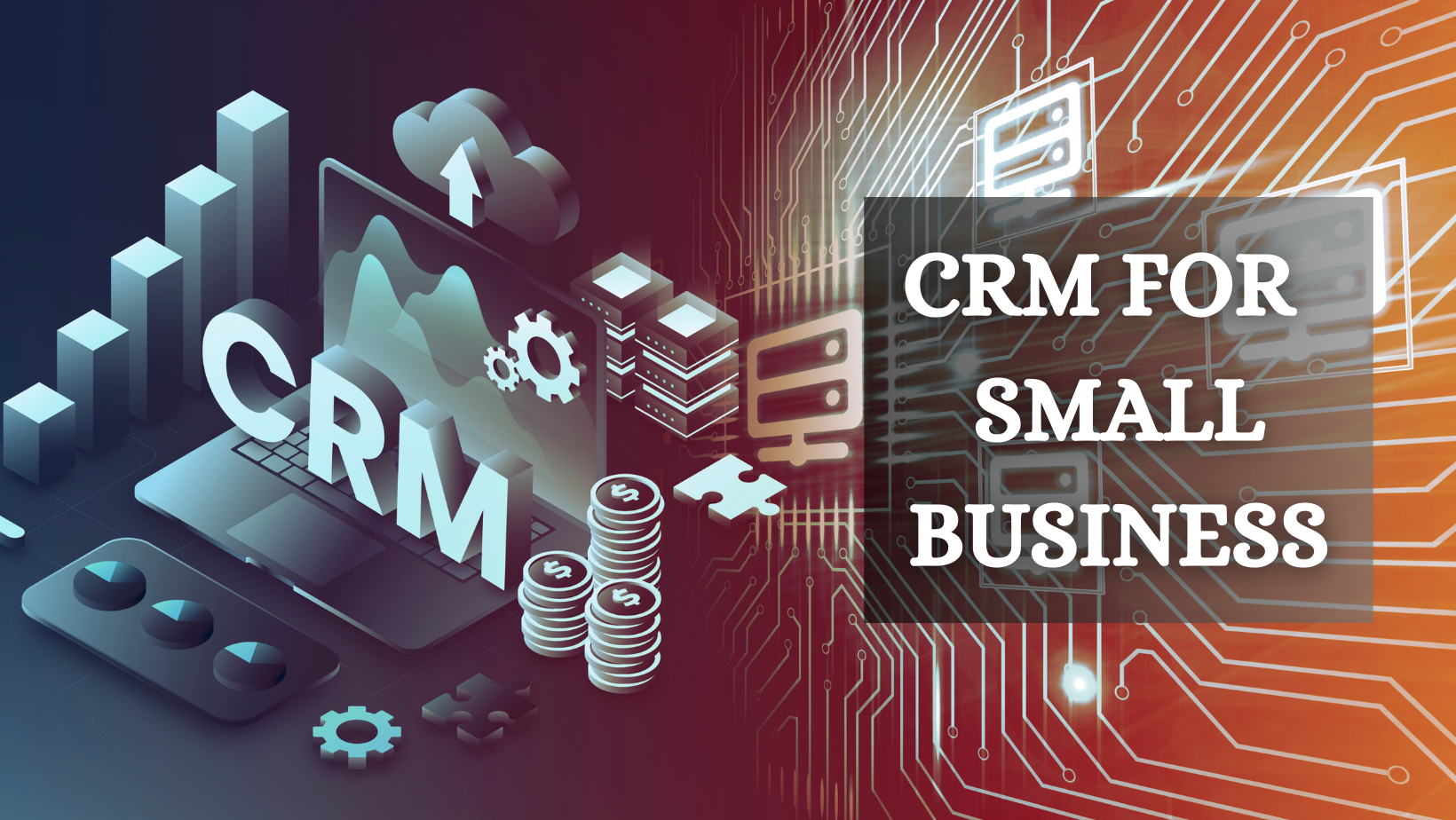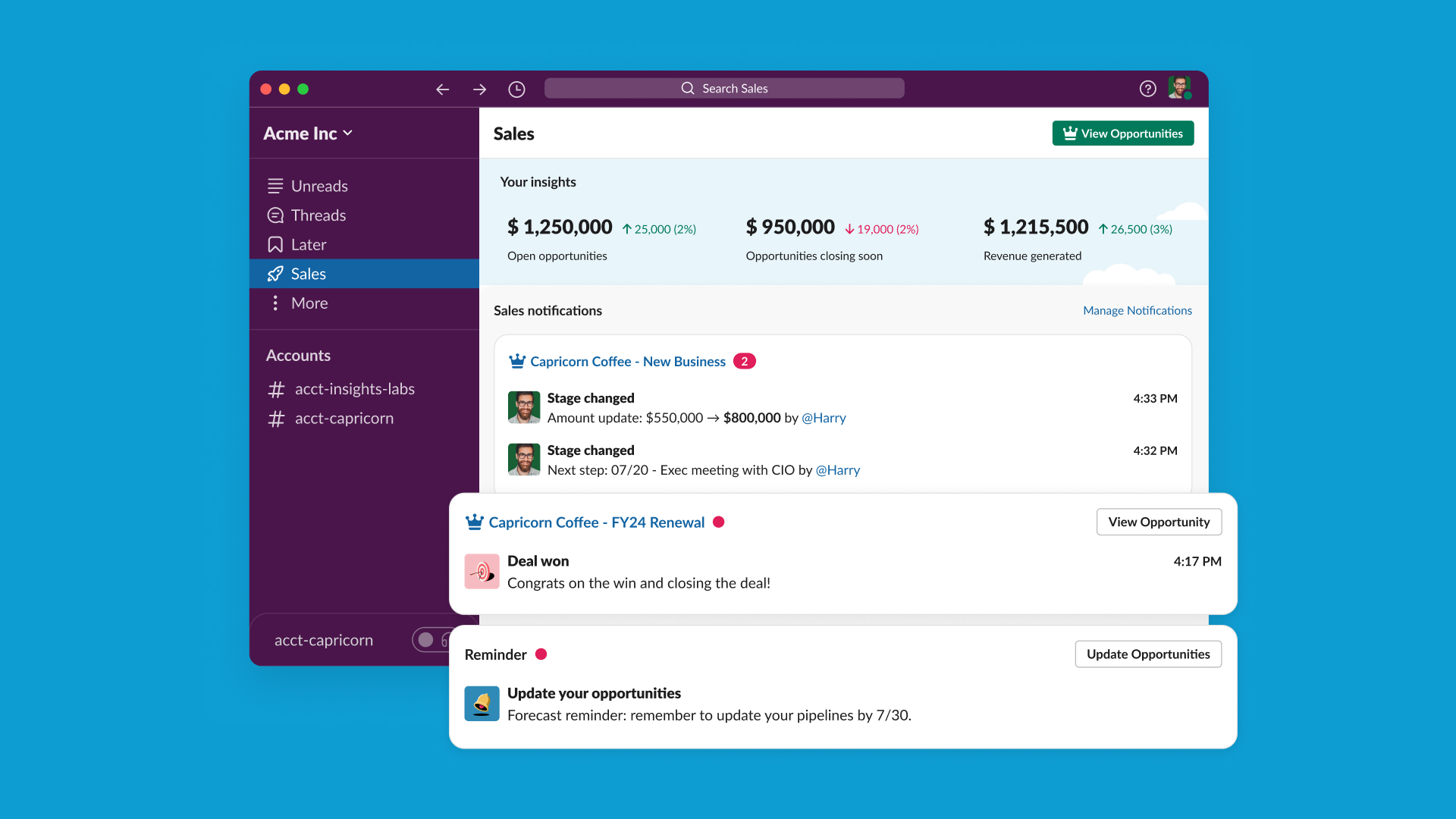Small Business CRM Tools: Your Ultimate Guide to Choosing the Right Software
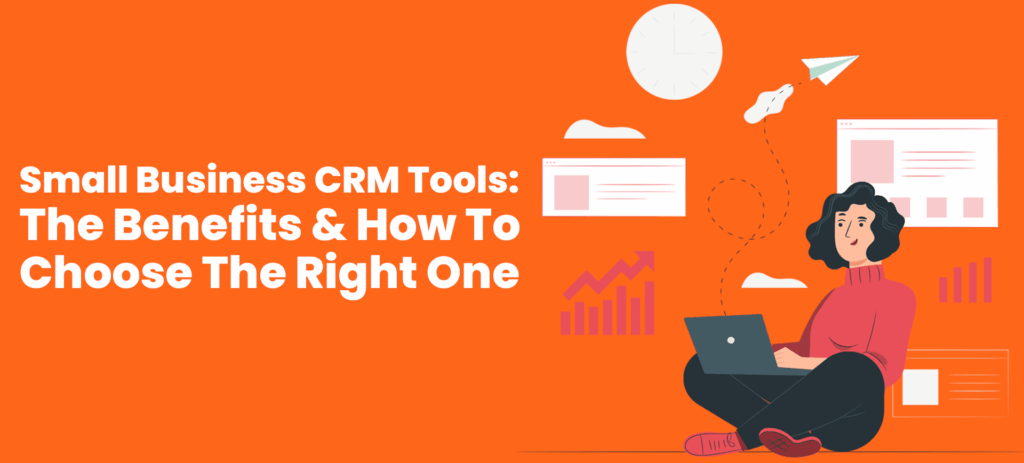
Small Business CRM Tools: Your Ultimate Guide to Choosing the Right Software
Starting and running a small business is a rollercoaster. You’re constantly juggling tasks, wearing multiple hats, and striving to keep your customers happy. In this fast-paced environment, efficiency is key. That’s where Customer Relationship Management (CRM) tools come in. They’re not just for the big corporations; in fact, they can be even more transformative for small businesses. This comprehensive guide will walk you through everything you need to know about small business CRM tools, helping you choose the perfect one to supercharge your growth.
What is a CRM? Why Does My Small Business Need One?
Let’s start with the basics. CRM stands for Customer Relationship Management. At its core, a CRM is a system that helps you manage your interactions with current and potential customers. Think of it as a centralized database for all your customer-related information.
Why is this important for a small business? Here’s the deal: your customers are your lifeline. Keeping them satisfied, understanding their needs, and building lasting relationships are crucial for survival and growth. A CRM tool gives you the power to do just that, and here’s why:
- Improved Customer Relationships: A CRM provides a 360-degree view of your customers. You can see their purchase history, communication logs, preferences, and more. This allows you to personalize interactions and provide better customer service.
- Increased Sales: By tracking leads, managing the sales pipeline, and automating tasks, a CRM can significantly boost your sales efforts. You can identify promising leads, follow up efficiently, and close deals faster.
- Enhanced Organization: Say goodbye to scattered spreadsheets and lost emails. A CRM centralizes all customer data in one accessible location, making it easier to stay organized and avoid crucial details slipping through the cracks.
- Better Communication: CRM tools often include features for email marketing, live chat, and other communication channels. This enables you to communicate with customers more effectively and provide timely support.
- Data-Driven Decisions: CRM systems generate valuable reports and analytics that provide insights into your customers, sales performance, and marketing campaigns. This data helps you make informed decisions and optimize your strategies.
- Time Savings: Automating repetitive tasks, such as data entry and follow-up emails, frees up your time to focus on more strategic activities, like building relationships and growing your business.
Key Features to Look for in a Small Business CRM
Not all CRM tools are created equal. The best CRM for your small business will depend on your specific needs and budget. However, there are some essential features that you should look for:
Contact Management
This is the foundation of any CRM. It allows you to store and organize contact information, including names, addresses, phone numbers, email addresses, and other relevant details. Look for features like:
- Contact Segmentation: The ability to group contacts based on various criteria, such as demographics, purchase history, or lead source.
- Contact Import/Export: Easy import and export of contact data from spreadsheets or other systems.
- Duplicate Detection: Automatically identify and merge duplicate contacts to avoid confusion.
- Custom Fields: The flexibility to add custom fields to store specific information relevant to your business.
Sales Pipeline Management
This feature helps you track leads through your sales process, from initial contact to closing the deal. Key components include:
- Lead Tracking: Monitor the progress of leads and identify potential opportunities.
- Deal Stages: Define stages in your sales process and track deals as they move through each stage.
- Task Management: Assign tasks to sales representatives, such as making calls, sending emails, and scheduling meetings.
- Sales Reporting: Generate reports on sales performance, including revenue, deal closure rates, and sales cycle length.
Marketing Automation
CRM tools with marketing automation capabilities can help you streamline your marketing efforts and nurture leads. Look for features such as:
- Email Marketing: Create and send targeted email campaigns to segments of your contact list.
- Marketing Automation Workflows: Automate repetitive tasks, such as sending follow-up emails or triggering actions based on customer behavior.
- Landing Page Creation: Design and build landing pages to capture leads and promote your products or services.
- Social Media Integration: Connect your CRM to your social media accounts to track engagement and manage social media interactions.
Customer Service and Support
Many CRM tools include features to help you manage customer service inquiries and provide support. These might include:
- Help Desk: A system for managing customer support tickets and resolving issues.
- Live Chat: Integrate live chat on your website to provide real-time support to customers.
- Knowledge Base: Create a knowledge base of frequently asked questions and answers to help customers find solutions on their own.
- Customer Feedback: Collect customer feedback through surveys or other methods to improve your products or services.
Reporting and Analytics
Data is your friend. CRM tools with robust reporting and analytics capabilities provide valuable insights into your business performance. Key features include:
- Sales Reports: Track key sales metrics, such as revenue, deals closed, and sales cycle length.
- Marketing Reports: Analyze the performance of your marketing campaigns, including email open rates, click-through rates, and conversion rates.
- Customer Reports: Gain insights into customer behavior, preferences, and satisfaction.
- Customizable Dashboards: Create dashboards to visualize key metrics and track progress towards your goals.
Integrations
The ability to integrate with other tools you use is crucial for a seamless workflow. Look for a CRM that integrates with the following:
- Email Providers: Gmail, Outlook, etc.
- Accounting Software: QuickBooks, Xero, etc.
- E-commerce Platforms: Shopify, WooCommerce, etc.
- Social Media Platforms: Facebook, Twitter, LinkedIn, etc.
- Other Business Tools: Project management software, calendar applications, etc.
Mobile Access
In today’s fast-paced world, you need to be able to access your CRM data on the go. Look for a CRM with a mobile app or a responsive web design that allows you to access your data from your smartphone or tablet.
Pricing and Scalability
Consider your budget and the size of your business when choosing a CRM. Look for a CRM that offers different pricing plans to suit your needs. Make sure the CRM can scale as your business grows, meaning it can handle a larger number of contacts, users, and data.
Top Small Business CRM Tools: A Comparative Overview
Now that you know what to look for, let’s dive into some of the top small business CRM tools on the market. This isn’t an exhaustive list, but it covers some of the most popular and effective options.
1. HubSpot CRM
Overview: HubSpot CRM is a popular choice for small businesses, known for its user-friendly interface and generous free plan. It’s a comprehensive platform that offers a wide range of features, including contact management, sales pipeline management, marketing automation, and reporting. It’s a great choice for businesses looking for an all-in-one solution.
Key Features:
- Free CRM with unlimited users and contacts.
- Contact management with detailed contact profiles.
- Sales pipeline management with deal tracking.
- Email marketing and automation.
- Reporting and analytics dashboards.
- Integrations with other popular tools.
Pros:
- Free plan is very generous and suitable for many small businesses.
- User-friendly interface, easy to learn and use.
- Excellent customer support and extensive knowledge base.
- Strong marketing automation capabilities.
Cons:
- The free plan has limitations on features.
- Advanced features may require paid upgrades.
2. Zoho CRM
Overview: Zoho CRM is another popular option, known for its affordability and extensive features. It offers a wide range of tools for sales, marketing, and customer service, making it a versatile choice for small businesses. It’s particularly well-suited for businesses that want a comprehensive and customizable CRM.
Key Features:
- Contact management with lead scoring and segmentation.
- Sales pipeline management with automation.
- Marketing automation with email marketing and social media integration.
- Customer service features with help desk and live chat.
- Reporting and analytics with customizable dashboards.
- Integrations with other Zoho apps and third-party tools.
Pros:
- Affordable pricing plans, including a free plan for small teams.
- Extensive features, offering a wide range of capabilities.
- Highly customizable to fit specific business needs.
- Strong integration with other Zoho apps.
Cons:
- The interface can be overwhelming for some users.
- The learning curve can be steeper than some other CRMs.
3. Pipedrive
Overview: Pipedrive is a sales-focused CRM that is designed to help sales teams manage their pipelines and close deals. It’s known for its visual interface, which makes it easy to track deals and monitor progress. It’s a great choice for businesses that prioritize sales efficiency.
Key Features:
- Visual sales pipeline management with drag-and-drop functionality.
- Contact management with detailed contact profiles.
- Deal tracking with customizable stages.
- Email integration and activity tracking.
- Reporting and analytics with sales performance metrics.
- Integrations with other popular tools.
Pros:
- User-friendly interface, easy to navigate and use.
- Focus on sales pipeline management, making it ideal for sales teams.
- Visual representation of the sales pipeline, making it easy to track deals.
- Strong integrations with other tools.
Cons:
- Less robust marketing automation features compared to other CRMs.
- Can be more expensive than some other options.
4. Freshsales
Overview: Freshsales is a sales CRM that offers a range of features for managing leads, deals, and customer interactions. It’s a good choice for businesses looking for a user-friendly and feature-rich CRM with a focus on sales automation.
Key Features:
- Contact management with lead scoring and segmentation.
- Sales pipeline management with deal tracking and automation.
- Built-in phone and email integration.
- Reporting and analytics with sales performance metrics.
- Customizable dashboards.
- Integrations with other Freshworks products and third-party tools.
Pros:
- User-friendly interface, easy to learn and use.
- Focus on sales automation, helping to streamline sales processes.
- Built-in phone and email integration.
- Affordable pricing plans.
Cons:
- Limited features in the free plan.
- Marketing automation features are less comprehensive than some other CRMs.
5. Agile CRM
Overview: Agile CRM offers a comprehensive suite of features for sales, marketing, and customer service. It’s a good choice for businesses looking for an all-in-one CRM with a focus on automation and ease of use.
Key Features:
- Contact management with detailed contact profiles.
- Sales pipeline management with deal tracking and automation.
- Marketing automation with email marketing, landing pages, and social media integration.
- Customer service features with help desk and live chat.
- Reporting and analytics with customizable dashboards.
- Integrations with other popular tools.
Pros:
- All-in-one CRM with a wide range of features.
- Focus on automation, helping to streamline sales, marketing, and customer service processes.
- User-friendly interface.
- Affordable pricing plans.
Cons:
- The interface can be cluttered.
- Customer support could be improved.
How to Choose the Right CRM for Your Small Business
Choosing the right CRM tool is a significant decision. It’s an investment in your business’s future, so you want to make sure you get it right. Here’s a step-by-step guide to help you choose the perfect CRM:
1. Assess Your Needs
Before you start comparing CRM tools, take some time to assess your business needs. What are your biggest challenges? What are your goals? Consider the following questions:
- What are your sales processes like? How do you generate leads? How do you nurture them? How do you close deals?
- What are your marketing goals? Do you want to automate email marketing? Do you want to track social media engagement?
- What are your customer service needs? Do you need a help desk? Do you need live chat?
- What are your budget constraints? How much are you willing to spend on a CRM?
- What are your integration requirements? What other tools do you use that need to integrate with your CRM?
2. Define Your Requirements
Based on your needs assessment, create a list of must-have features. This will help you narrow down your options and make the comparison process easier. Prioritize the features that are most important to your business. For example, if you’re a sales-focused business, sales pipeline management should be a high priority. If you’re heavily reliant on email marketing, marketing automation features should be a priority.
3. Research CRM Tools
Once you have a list of requirements, start researching CRM tools. Read reviews, compare features, and explore pricing plans. Take advantage of free trials or demos to get a feel for the user interface and functionality of each tool. Look at the CRM tools that are popular and successful in your industry. See what other small businesses like yours are using.
4. Create a Shortlist
After researching various CRM tools, narrow down your options to a shortlist of 2-3 tools that best meet your needs and budget. This will make the final decision-making process easier.
5. Test and Evaluate
Take advantage of free trials or demos to test the shortlisted CRM tools. Invite key team members to participate in the testing process and gather their feedback. Evaluate the tools based on the following criteria:
- Ease of use: Is the interface intuitive and easy to navigate?
- Functionality: Does the tool offer all the features you need?
- Integrations: Does the tool integrate with your other business tools?
- Pricing: Is the pricing plan affordable and scalable?
- Customer support: Does the vendor offer good customer support?
6. Make a Decision
Based on your testing and evaluation, choose the CRM tool that best meets your needs and budget. Consider the long-term implications of your decision. Choose a tool that can grow with your business. Don’t be afraid to take the plunge! The right CRM can be a game-changer for your small business.
7. Implementation and Training
Once you’ve chosen a CRM, the next step is implementation. This involves setting up the system, importing your data, and training your team on how to use the tool. The vendor should provide resources and support to help you with this process. Make sure to allocate enough time and resources for implementation, as this is a crucial step for success.
Tips for CRM Success
Choosing the right CRM is only half the battle. To maximize the benefits of your CRM, follow these tips:
- Get Buy-In from Your Team: Make sure everyone on your team understands the importance of the CRM and is committed to using it. Conduct training sessions and provide ongoing support.
- Clean and Organize Your Data: Before importing your data into the CRM, clean it up and organize it to ensure accuracy and consistency.
- Customize the CRM to Your Needs: Configure the CRM to reflect your business processes and workflows. Customize fields, create custom reports, and set up automation rules.
- Use the CRM Regularly: Encourage your team to use the CRM on a daily basis. This will ensure that your data is up-to-date and that you can get the most value from the tool.
- Monitor and Analyze Your Results: Track your key metrics and analyze your results to see how the CRM is impacting your business. Make adjustments to your processes and strategies as needed.
- Stay Updated: CRM tools are constantly evolving. Stay up-to-date on the latest features and updates to ensure you’re taking advantage of all the capabilities the tool offers.
- Integrate, Integrate, Integrate: The more you integrate your CRM with other tools, the better. This will streamline your workflow and give you a more complete view of your customers.
Final Thoughts
Choosing and implementing a CRM tool is a significant step for any small business looking to grow and thrive. By understanding the benefits of a CRM, identifying your needs, and choosing the right tool, you can empower your team, improve customer relationships, increase sales, and make data-driven decisions. Don’t be afraid to invest in a CRM. It’s an investment in your business’s future. The right CRM can be the key to unlocking your full potential.
Take the time to research your options, consider your specific needs, and choose a tool that will help you achieve your goals. With the right CRM in place, you’ll be well on your way to building stronger customer relationships, streamlining your operations, and driving sustainable growth for your small business.


